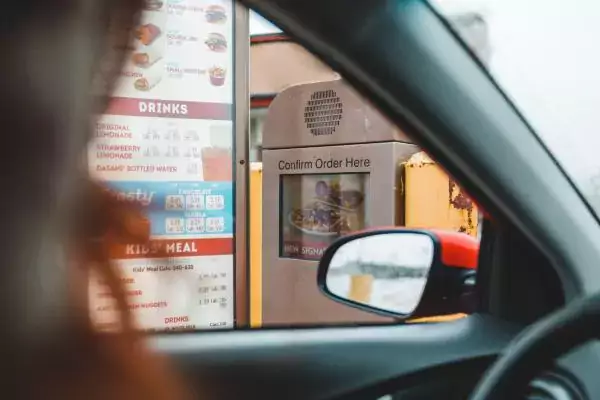It’s no secret that multi-unit restaurant operators struggle to translate operating procedures and key initiatives into execution at the store level. But a recent restaurant industry survey led by Zenput and foodservice industry research firm Technomic shows just how widespread this issue has become.
Less than one out of five restaurant operators reported that their stores are very effectively complying with operating procedures and key initiatives. That means 80% of operators feel that there’s room for improvement in areas like food safety and brand standards, critical areas that any operation needs to execute to succeed.
And with stiff competition and a challenging labor market, operators are facing more high stakes challenges than ever before.
Only 34 percent of respondents are very confident that their operation is able to identify potential food safety concerns before they become serious issues. And 89 percent of restaurant operators surveyed said that a customer food safety issues could put their business at risk and would negatively impact their sales. With such high stakes, operators are forced to look for new ways to get ahead.
For example, operators are looking for ways to improve the productivity of their employees. The research study found that field employees are spending over 30 combined hours of their week on in-store audits, preparing reports, and following up with stores to ensure corrective actions were taken. So instead of training employees and interacting with customers, these managers spend their time writing emails and texts, compiling paper audits, and putting together Excel reports.
With so much time spent on manual, administrative work, the execution of operating procedures and key initiatives often falters.
That’s why operators are turning to technology to improve employee productivity, including automation in areas like temperature monitoring, for example, which allows employees to focus their time on higher-value activities instead of spending hours logging refrigerator and makeline temperatures.
Interested to learn about the other findings from this research survey? Download the full 2020 Restaurant Ops Report here!
Subscribe to our blog
You are now subscribed!


